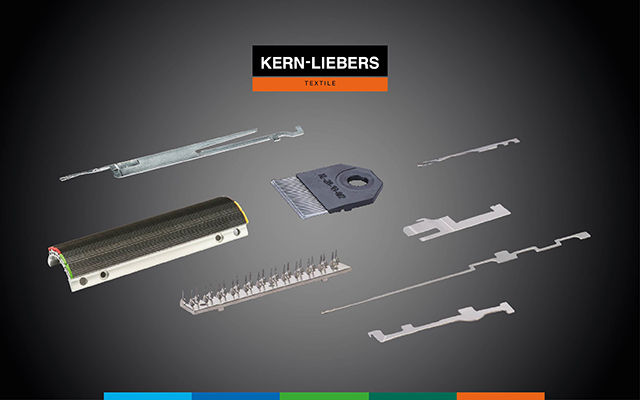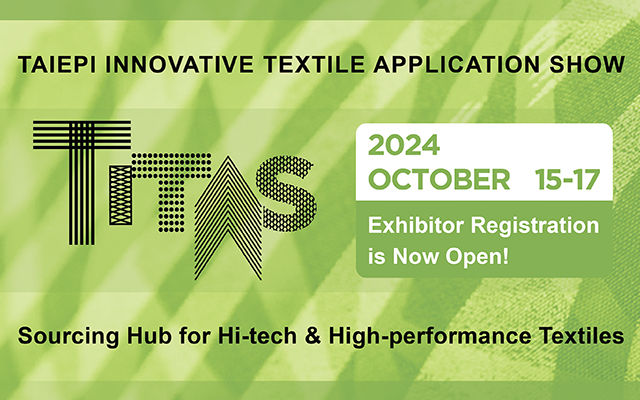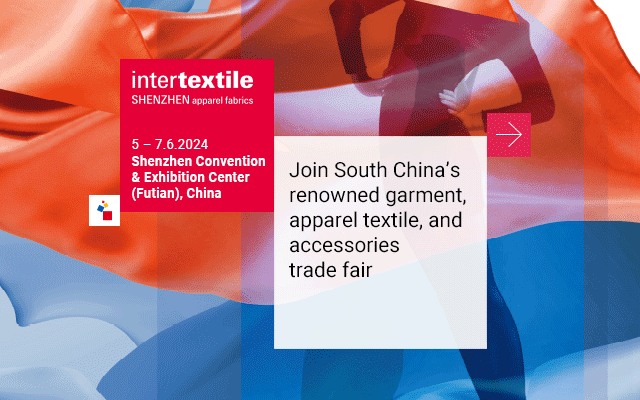Bangladesh's scheduled LDC graduation to hit many Canadian importers

The duty reductions Canada offers on goods imported from developing nations and LDCs are set to expire in December 2024. The potential expiry, renewal and revision of those programmes is providing both real opportunities and significant threats to Canada’s apparel industry, the analysis by Jonathan O’Hara, William Pellerin and Tayler Farrell notes.
Apparel items from LDCs are now imported duty-free, while apparel from developed, and even developing countries are subject to a 17 per cent duty on an average in Canada.
The Department of Finance Canada has launched public consultations on the renewal and amendment of the two tariff programmes at issue. These are the general preferential tariff (GPT), applicable to developing countries (generally excludes apparel and footwear) and the LDC tariff (LDCT), which covers apparel and footwear.
So starting in 2026, apparel and footwear imports from Bangladesh will incur an average of 17 per cent duty at the border, up from nil now. This will hit importers as in 2021, Canada imported $1.9 billion worth of consumer goods from Bangladesh, the bulk of which were apparel and textile products.
Between 2019 and 2021, Canada imported goods worth $2.9 billion under the LDCT, with apparel accounting for $2.4 billion, or 83 per cent, of LDCT imports.
Finance Canada officials have put forward four proposals on which they are seeking inputs.
The first proposal is about creating a new tariff preference programme, the GPT+, which could reduce or eliminate duties on a broader range of goods than the GPT, potentially including apparel and footwear. Finance Canada proposes to tie eligibility for these benefits to social responsibility metrics, like the countries’ environmental and labour track record. The Canadian government is seeking input on product coverage and potential duty reductions under this programme.
Second, a transition period has been proposed for countries graduating from the LDCT programme, with the possibility of an automatic three-year transition period to be triggered upon a country’s graduation from a least developed to a developing country.
Currently, there is no transition mechanism or period. If successfully implemented, this could have beneficial impacts on industry, the analysis notes.
Third, a formal five-year review mechanism has been proposed to manage GPT eligibility, and could allow countries to graduate from, or be re-instated into, the GPT. Coupled with the potential of the GPT+ programme covering apparel, this could provide significant benefits to the apparel industry given the increased choice of global suppliers, it feels.
Fourth, Finance Canada has proposed to make technical simplifications to the LDCT programme to facilitate its use, including by amending rules of origin for apparel goods. Increased uptake of the LDC programme could lead to benefits for industry and consumers.
The analysis urges apparel companies to participate fully in the ongoing consultation. In particular, duty reductions for apparel-producing developing countries could offer security of supply through reliable suppliers often left aside by Canada due to high tariffs, it adds.
Fibre2Fashion News Desk (DS)
































-Ltd..jpg?tr=w-120,h-60,c-at_max,cm-pad_resize,bg-ffffff)





.jpg?tr=w-120,h-60,c-at_max,cm-pad_resize,bg-ffffff)
.jpg?tr=w-120,h-60,c-at_max,cm-pad_resize,bg-ffffff)






